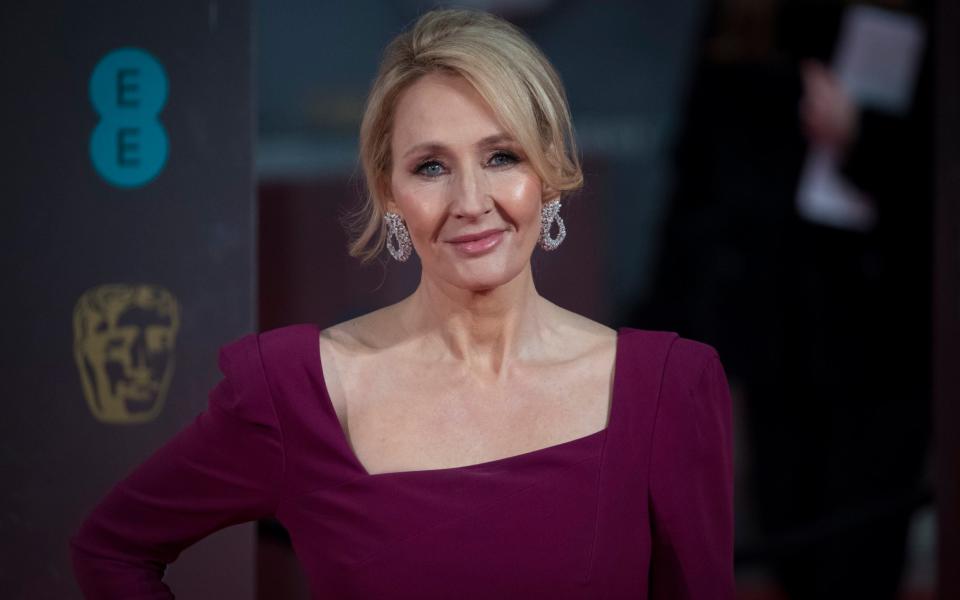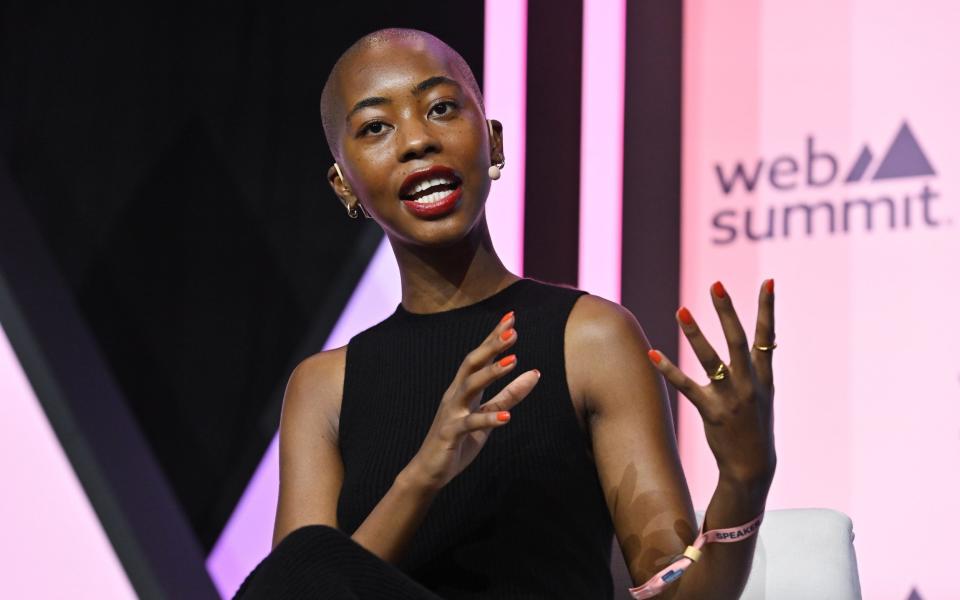Another week, another installment of the seemingly never-ending Hogwarts spin-off series, Harry Potter and the Correct Pronouns. In this latest edition, which has absolutely no one queuing outside bookshops, JK Rowling and Daniel Radcliffe continue their debate on sex, gender and trans rights.
In case you’re busy moving on with your life, I’ll fill you in on the saga so far. JK Rowling does not believe that trans women are women. Radcliffe does this in common with many other young actors in the Harry Potter films.
Last week, he gave an interview in which he distanced himself from the views of a woman he last worked with almost 15 years ago. “Ultimately, it really upsets me,” she said of Rowling’s views on transgender people. “Not saying anything seemed to me…to be an act of great cowardice.
“I wanted to try to help people who were negatively affected by the comments. “And if these are Jo’s views, then they are not the views of everyone associated with the ‘Potter’ franchise.”
Radcliffe admitted: “If it weren’t for that person, probably nothing in my life would be the way it is. [Rowling]… [but] It doesn’t mean you owe someone else your whole life what you truly believe.”
Am I the only one who read this and thought ‘why does he have to explain this to people’? Radcliffe was 12 when he took on the role of the boy wizard, cleverly created from Rowling’s imagination. He is now 34 years old and has a child of his own.
This outrage that a woman old enough to be his mother might have different views than him seems stupid to me. It’s like waiting for my husband to swear blind loyalty to the newsstand that gave him his first round of newspapers and then saying “HOW DARE YOU?” It’s like waiting for him to shout. when, years later, he stops by the newsstand in question to buy a newspaper and expresses an opposing opinion to the man behind the counter about something on the front page.
But equally, it seems absolutely tragic to me – not to mention a bit childish – that my husband flatly refuses to shop at the newsagent again because of this different opinion. But this also seems to be the case in the Harry Potter and Correct Pronouns case; Radcliffe admits he hasn’t had any contact with Rowling since she began clarifying her views on trans women.

This is not an article about trans women, just in case you clicked on it hoping to seethe with rage. This is a column about the lost art of conversation and living in a society where all niceties seem to have been abandoned in the rush to be right (or left, depending on your political beliefs).
If the Romans had the Colosseum, we have the
Maybe I sound like Pollyanna, but I have another ending idea for the Harry Potter series that involves Radcliffe and Rowling getting together and having a proper conversation about these issues politely, maybe even privately! – rather than annoy each other from afar via social media and press interviews.
In the past, debating was a skill taught in school; the art of disagreement was encouraged; even respected. Elders did not stop people because they had different views. You didn’t refuse to work with someone or kiss someone just because they looked a bit like the Conservative Party.
You did not demand anyone’s head in the bloc because of their politics. And you didn’t dismiss a person as incompetent, ungrateful, just because he refused to play pranks on his first boss for the rest of his working life.
Today, there seems to be a widespread notion that people who hold opposing views are not only wrong but also inherently evil. Is there any other way? Author Africa Brooke certainly hopes so. He wrote an amazing book called. Third Perspective: Bold Expression in the Age of Tolerance.
Brooke is uncomfortable being told that she is oppressed or that her race is a burden by people from Zimbabwe, who are mostly white. “You have your story, they have their story,” Brooke writes in her book, “the power of the Third Perspective lies somewhere in between.” [which is] “A compass for connection in a deeply divided world.”


The book is a powerful manifesto to help those who are “overly cautious and muffle every word before it comes out of your mouth” or who “lack nuance and imprudently shout every thought.”
Brooke describes cancel culture as “a form of collective sabotage,” noting: “When it is so easy to spot intolerance in others, is it easy to catch it in ourselves? Not much.” Reading his words is a balm for the weary 21st-century soul, constantly under pressure to join left or right while secretly trying to hide the shame of being somewhere in the middle.
“Some of us are extremely careful, afraid of saying the wrong thing,” he writes. “Others sometimes reveal everything without thinking about the impact. Finding the middle ground – the Third Perspective – where we can be honest with ourselves but also be kind and considerate is the challenge of our time. That’s the challenge we’re about to face here.”
Whether we will be able to achieve this or not, time will tell. But in the meantime, I’m glad voices like Brooke’s are starting to spread and be heard.
We would all be wise to listen, because alternatives like yelling at each other and excluding each other over differing opinions will only lead to deafening silence.